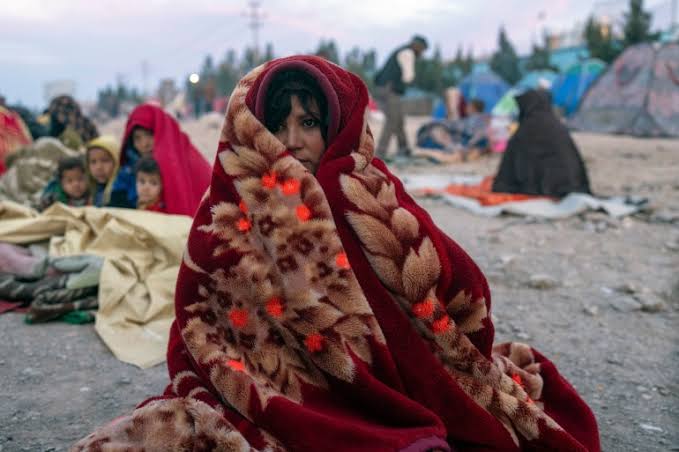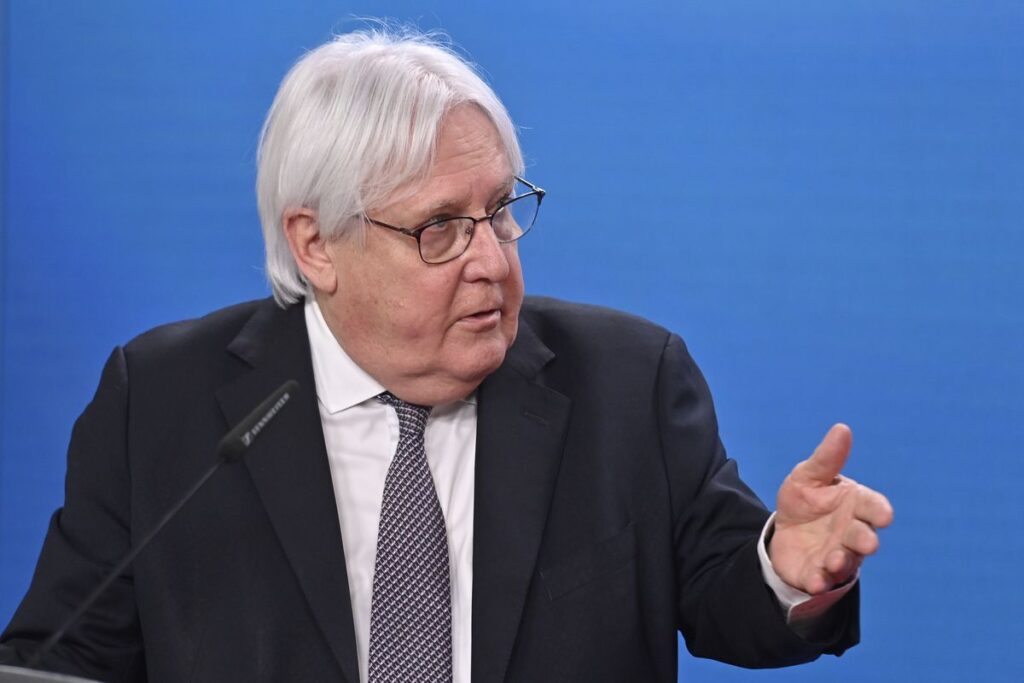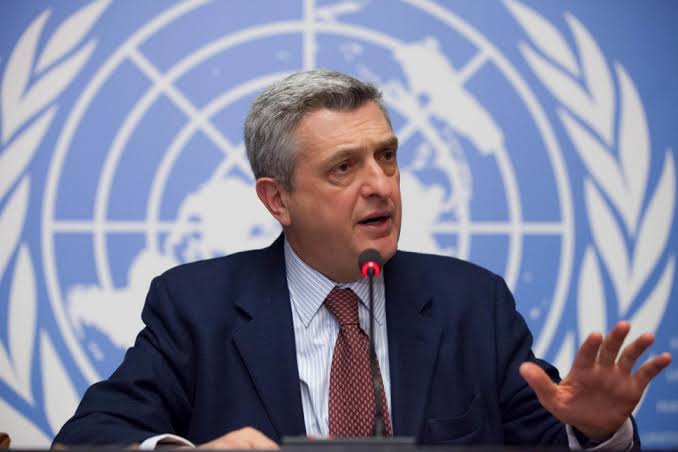
Avellon Williams
KABUL, AFGHANISTAN- On Tuesday, the United Nations and its partners launched a $4.4 billion funding appeal to prevent a humanitarian catastrophe in Afghanistan in 2022.
The UN Humanitarian Affairs and Emergency Relief chief Martin Griffiths told reporters in Geneva that the appeal for humanitarian assistance is the largest ever made to a single country.

“This is a stop-gap, an absolutely essential stop-gap measure that we are putting in front of the international community today. Without this being funded, there won’t be a future; we need this to be done; otherwise, there will be outflow, there will be suffering.”
The UN figures estimate that 22 million people inside Afghanistan and a further 5.7 million displaced Afghans in five neighboring countries need vital relief this year.
Afghanistan’s plight has been described as one of the world’s fastest-growing humanitarian crises by aid agencies.
Over 9 million people have been displaced by war, over half of the population faces acute hunger, and millions of children are out of school, according to OCHA, the UN humanitarian coordination office.
At the same time, UN High Commissioner for Refugees FilippoGrandi called for $623 million in support for refugees and host communities in neighboring countries.

“There is a regional dimension to this crisis, represented by the Afghan refugees but also Afghans with many other ‘stay’ arrangements in neighboring countries,” he said.
He stressed the need to “stabilize the situation inside Afghanistan, including those of the displaced people, and to prevent a larger refugee crisis, a larger crisis of external displacement.”
Griffiths urged the international community not to “shut the door on people living in Afghanistan.”
“Humanitarian partners are on the ground and delivering aid, despite the challenges.”
“Help us scale up and stave off widespread hunger, disease, malnutrition, and ultimately death by supporting the humanitarian plans we are launching today,” he said.
According to the UN officials, the scale of need is enormous, and if sufficient action is not taken to support Afghanistan and regional response plans, they will be asking for $10 billion next year.





Recent Comments